Wellbeing
Creativity - Learning is a social process
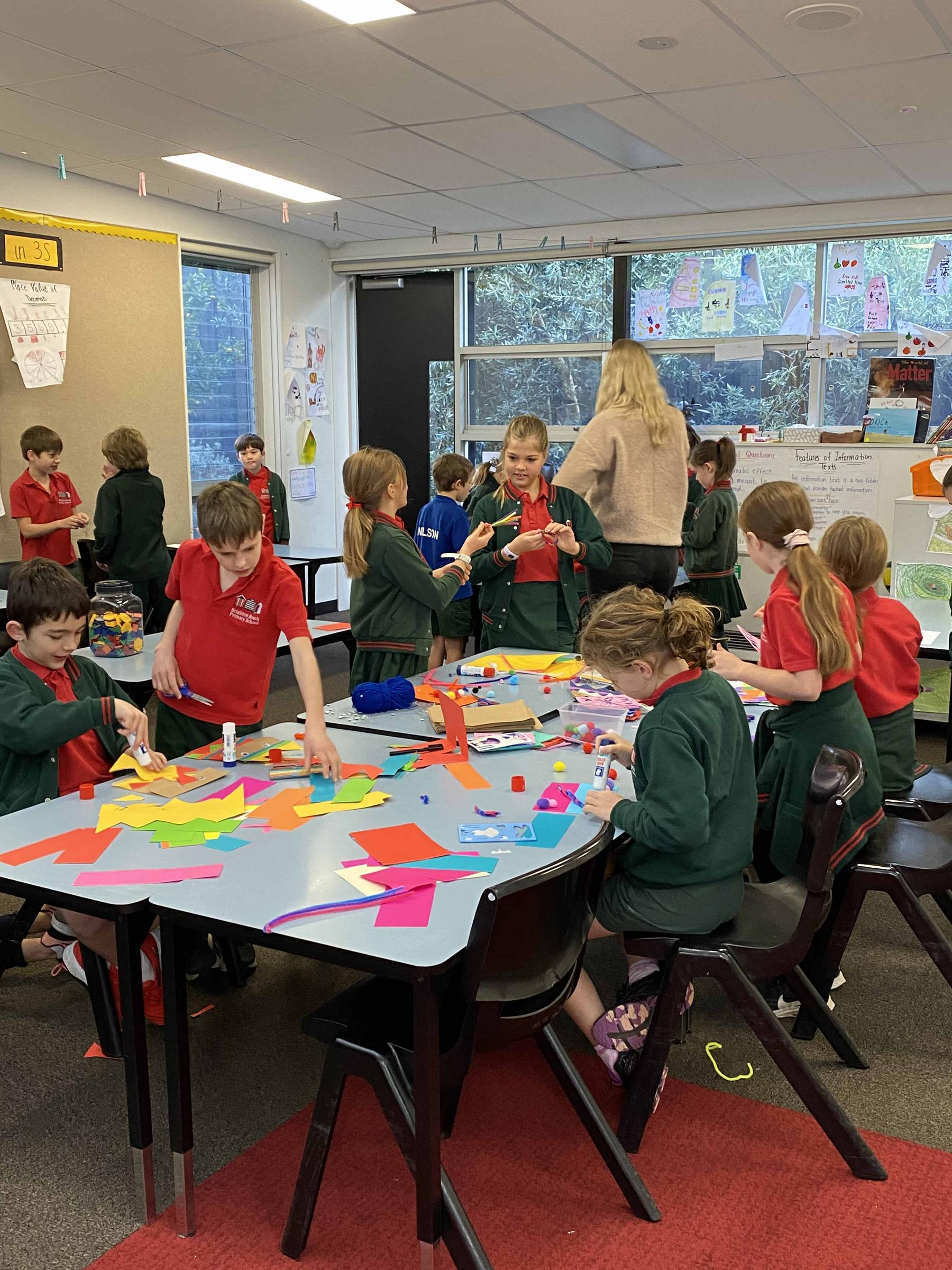
Wellbeing
Creativity - Learning is a social process
TRANSITION BACK TO SCHOOL
In a recent article by Pasi Sahlberg, 5 Things not to do when school returns, he reflected on the challenges of the pandemic on teaching and learning and offered five don’ts to consider if systemic change is to endure. The one shared below is an important reminder for us all as we begin to see the impact of lockdown experiences in our children’s psychological and emotional safety.
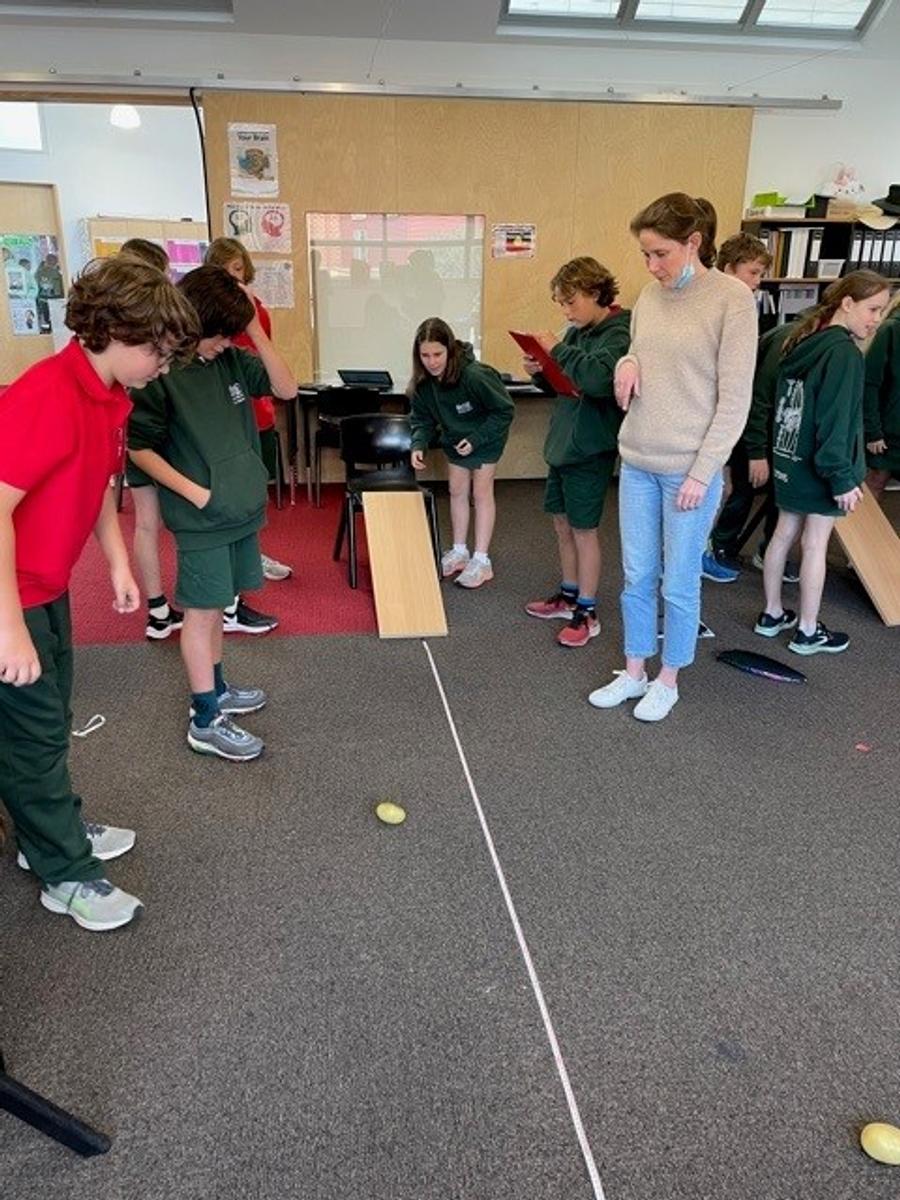
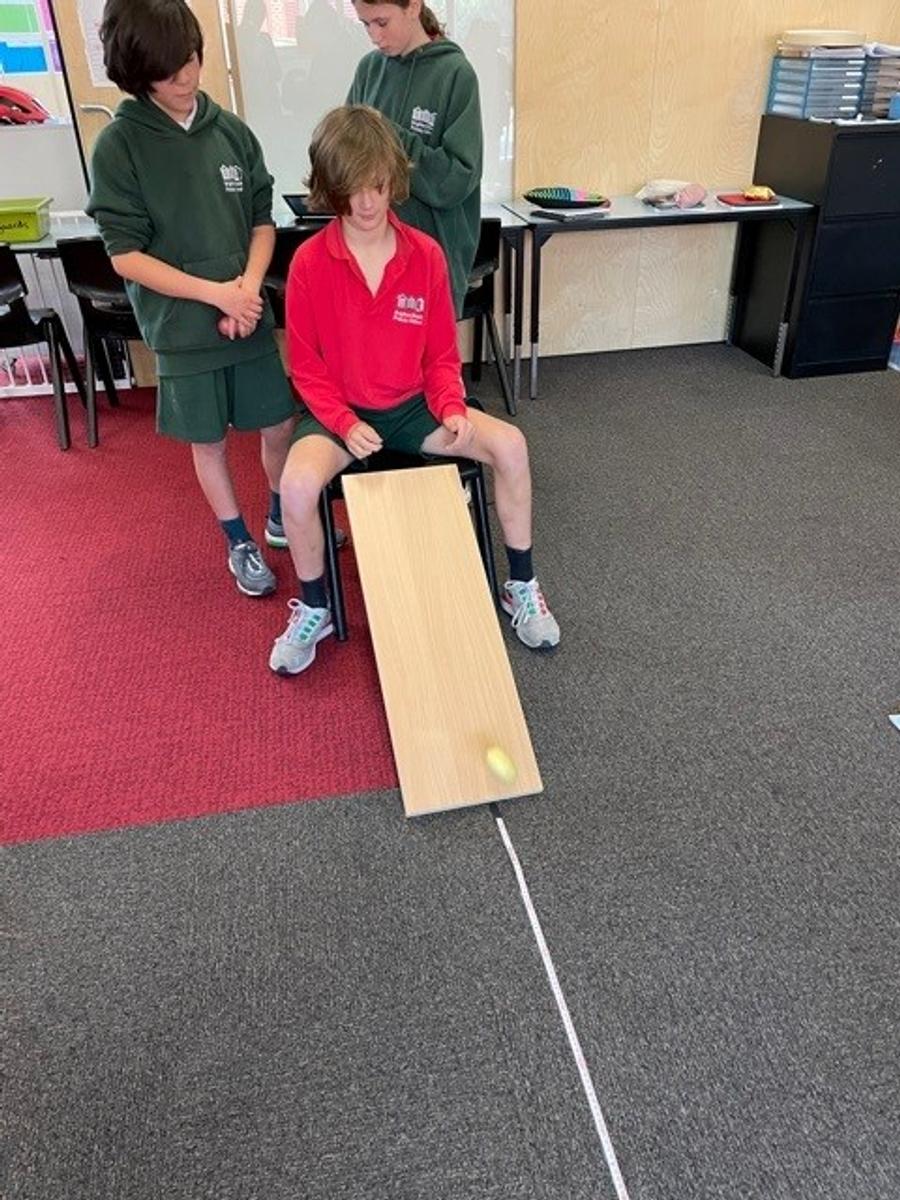
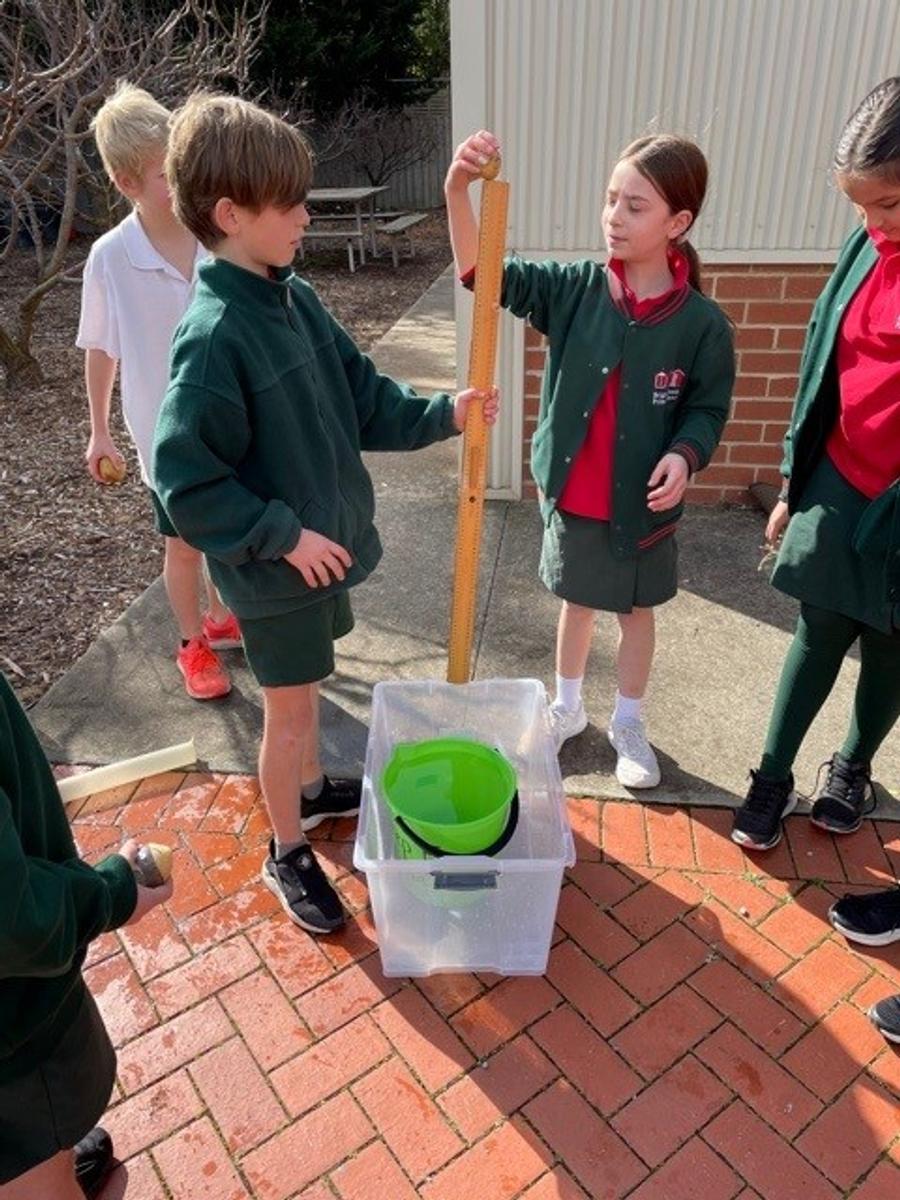
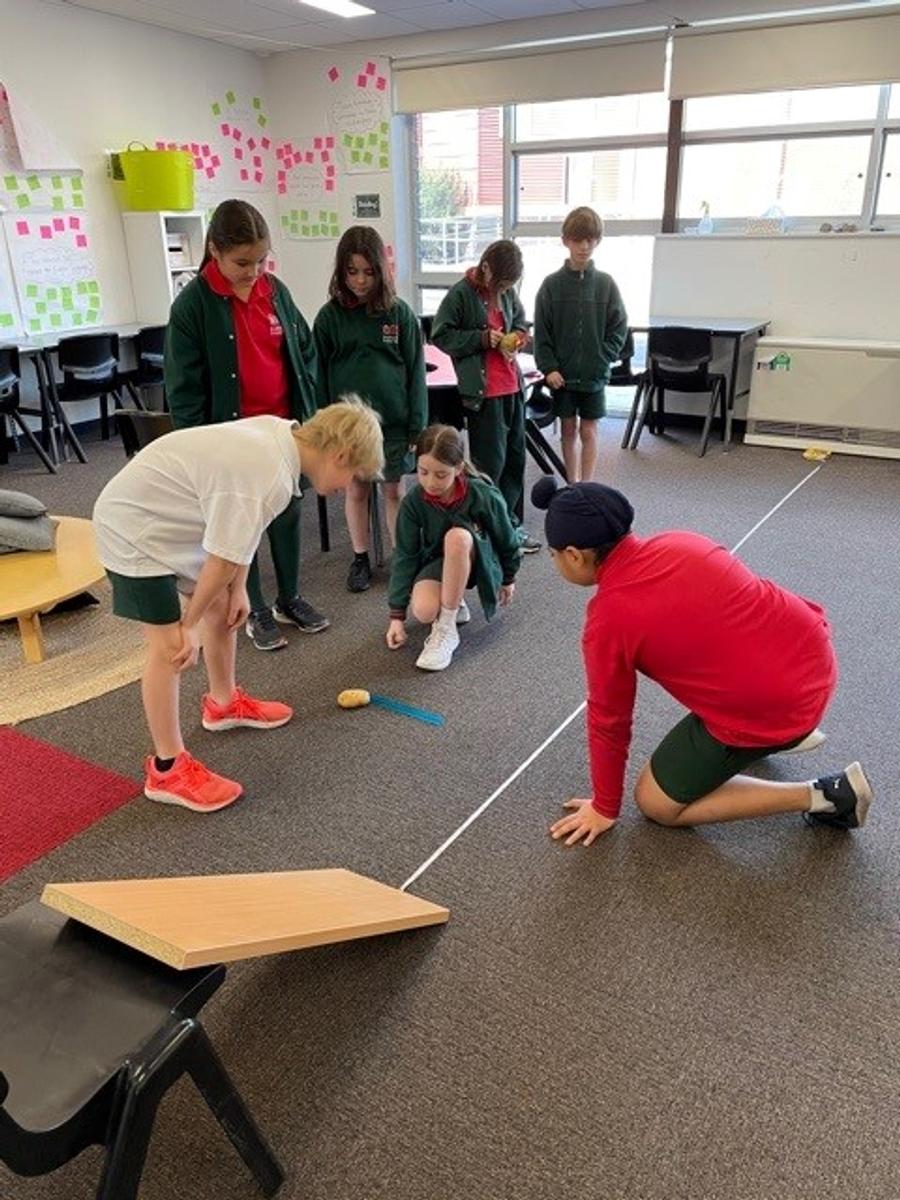
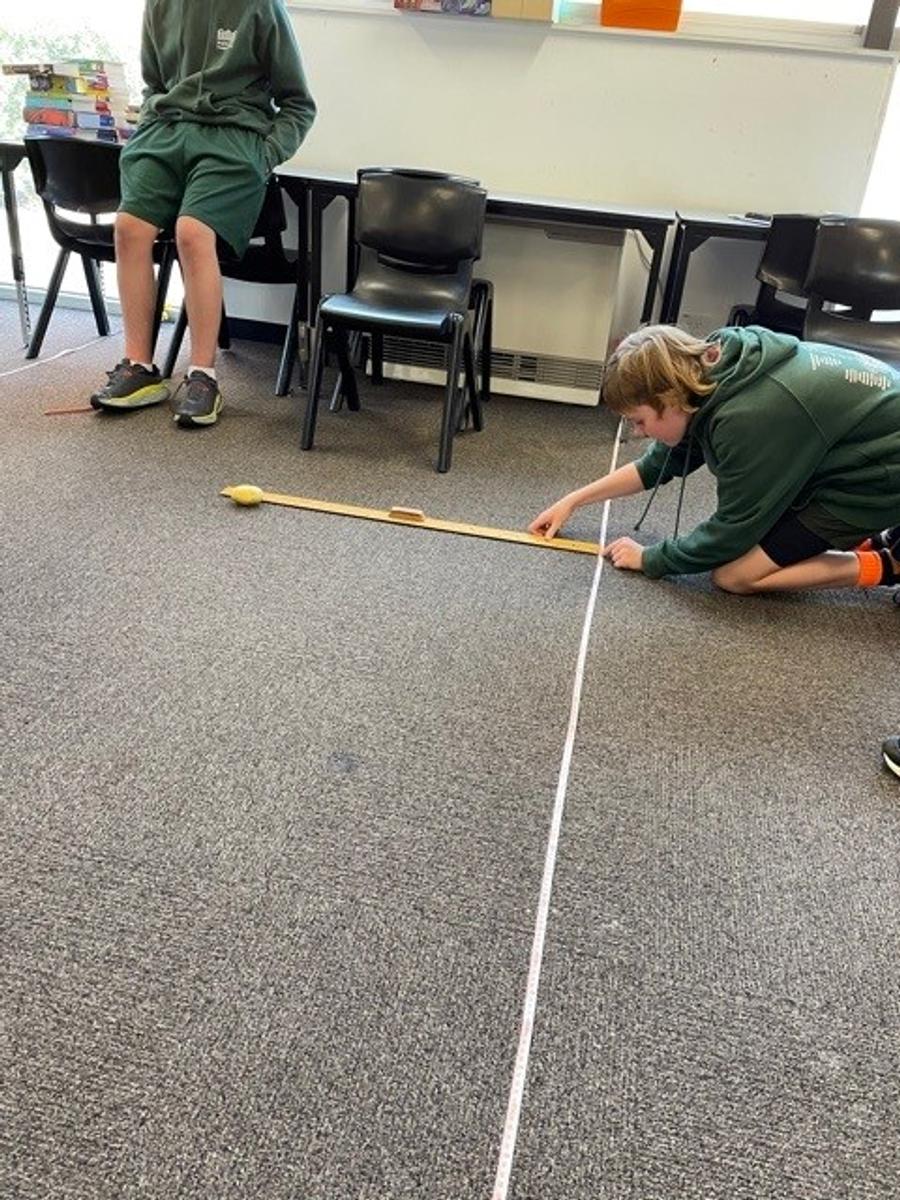
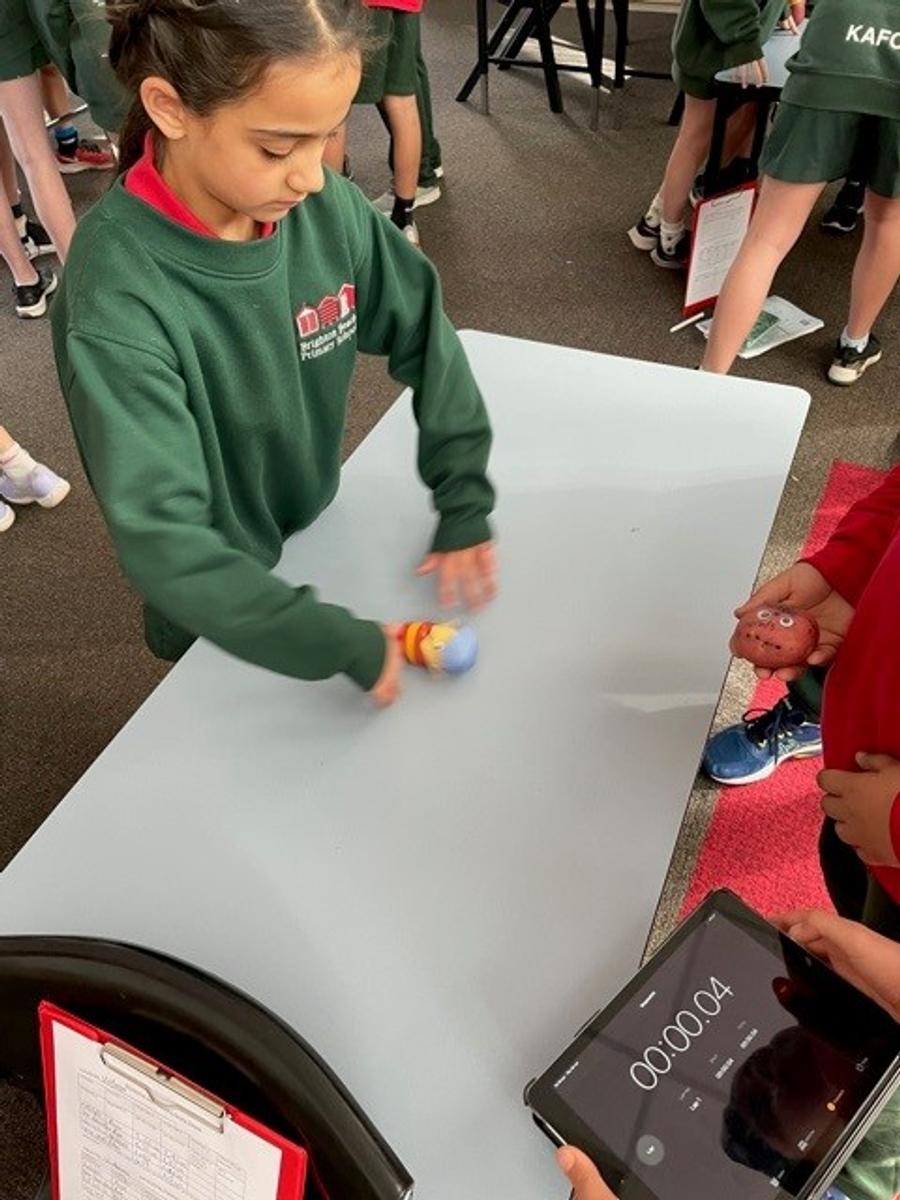
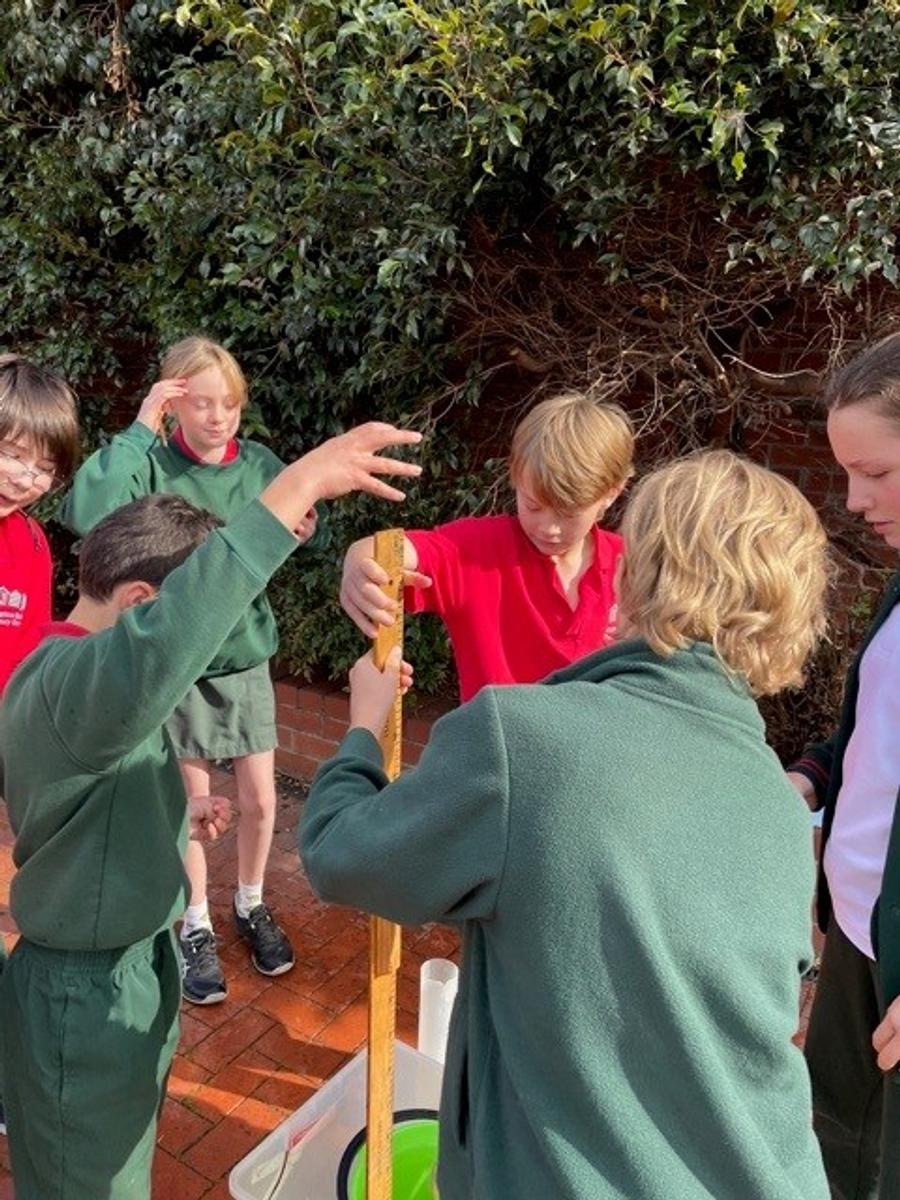
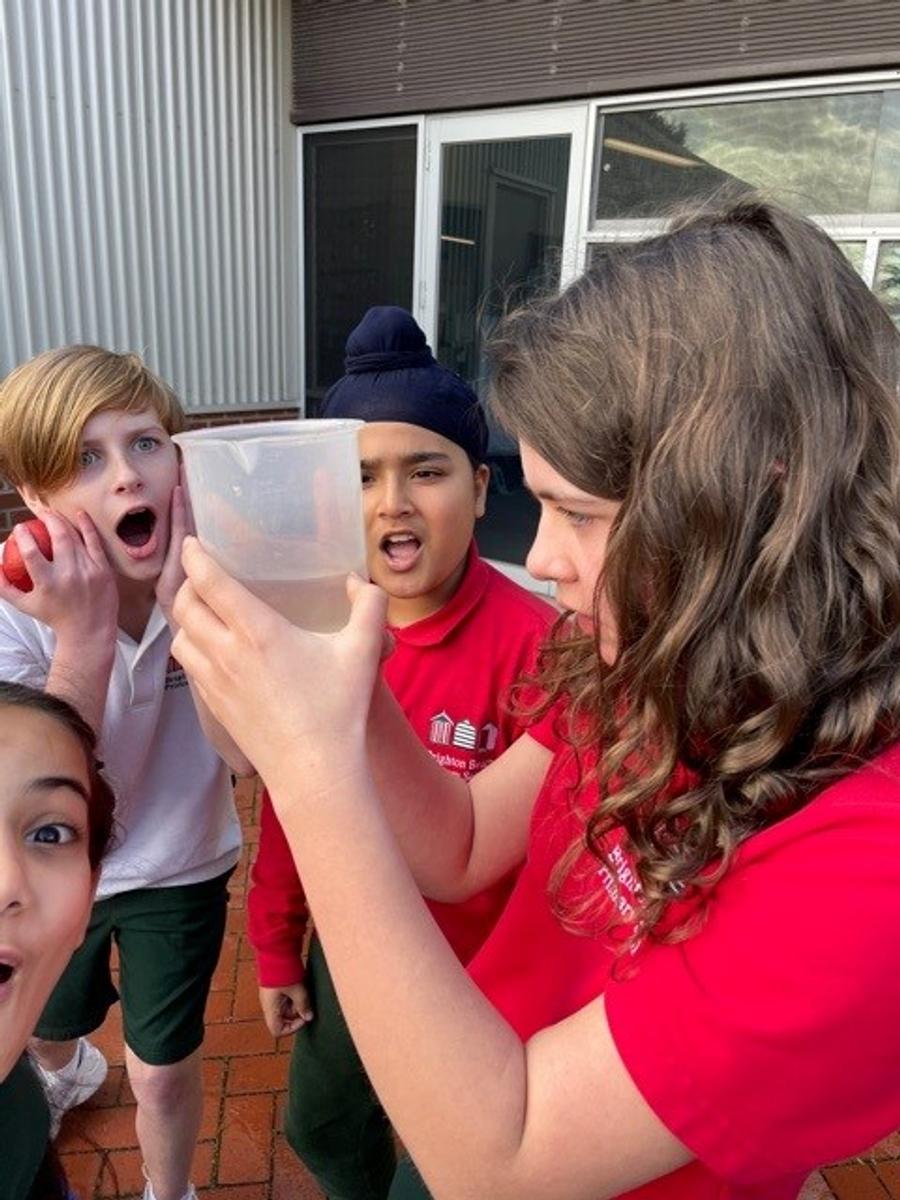








Don’t expect kids to be ready to continue where they left off
Never before in the history have the schools of 1.5 billion children been unexpectedly closed at the same time. As this happened in April, most children continued learning from home using digital platforms or hardcopies provided by teachers, or by relying on their parents or grandparents to be guides and coaches. We don’t know yet how these children experienced this disruption, but we do know that it has not been easy for many of them. Physical separation from their teachers is one thing, but emotional distancing from friends and peers for weeks, and lockdown at home with parents, is quite another. Therefore, when children return to school, don’t expect that they will be ready to continue learning where they left off when schools closed. While social distancing is the tool that helps 'flatten the curve,' moving forward students now need three new 'R’s' at school: relationships, respect, and responsiveness. Only after that can a renewed 'learning curve' begin. We need to focus not on some generic 'post-pandemic student’ but instead concern ourselves with the complexity and diversity of classrooms, while accepting that the pandemic hits the most vulnerable hardest. Since February Covid-19 has left over 40 million Americans jobless, more than 100,000 people dead, and millions of children hurt in a country where a quarter of children lived in poverty prior to the pandemic. These children will not be ready to learn and thrive unless they feel physically and emotionally safe and protected at school. I agree with colleagues who have called for giving top priority to child and teacher wellbeing in schools before expecting that they will be able to return to business-as-usual in school learning.
relationships, respect, and responsiveness – at the core of what we do at BBPS.
If your child is reluctant to return to school, sharing anxieties or demonstrating the need for support to transition back into the classroom – this is to be expected.
Some strategies that might be helpful to support your child with a smooth return to school are:
STRATEGIES
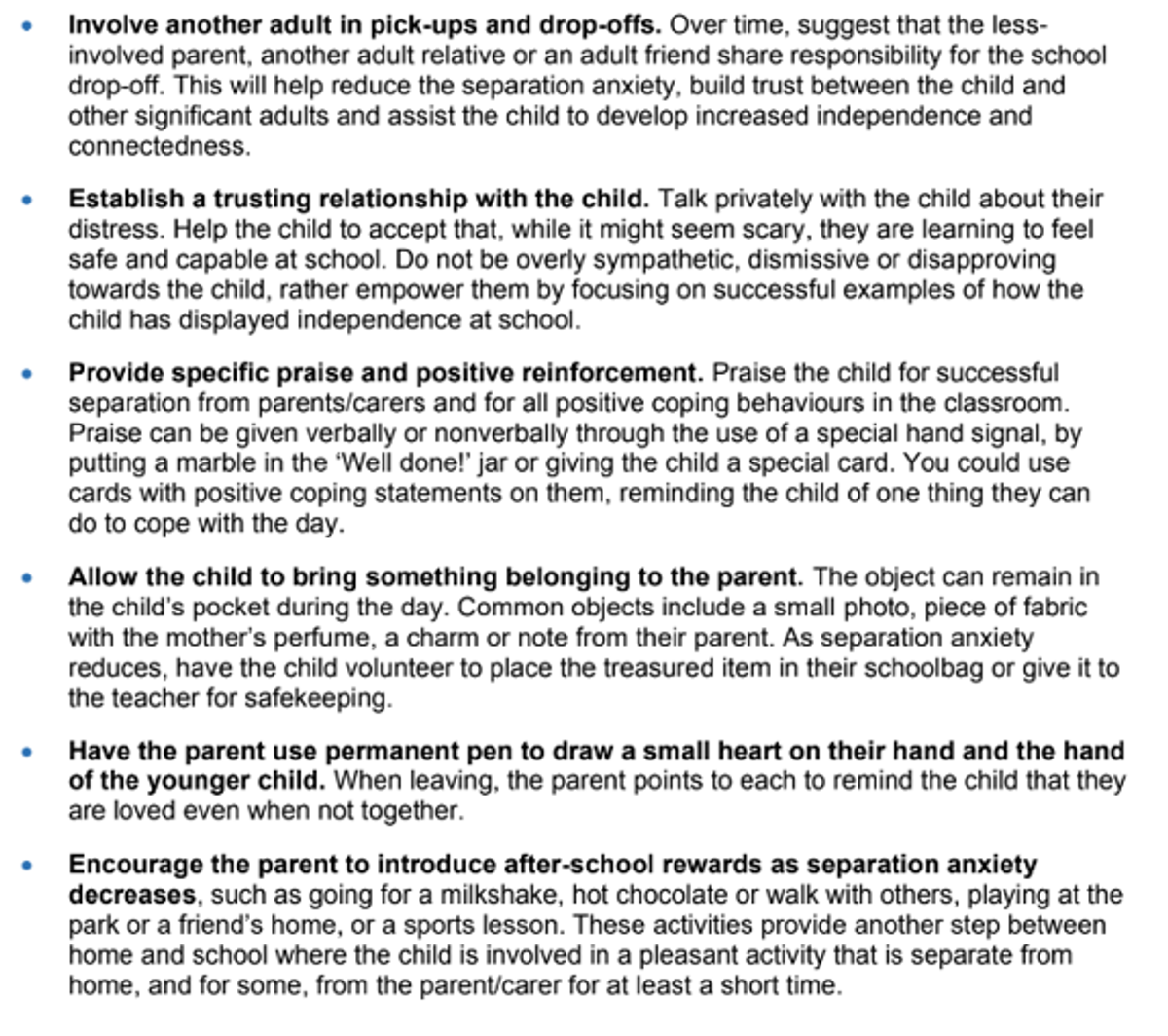

Understanding the Digital World – ySafe Parent Information Session -
Tuesday 17th August, 6:30pm (Zoom)
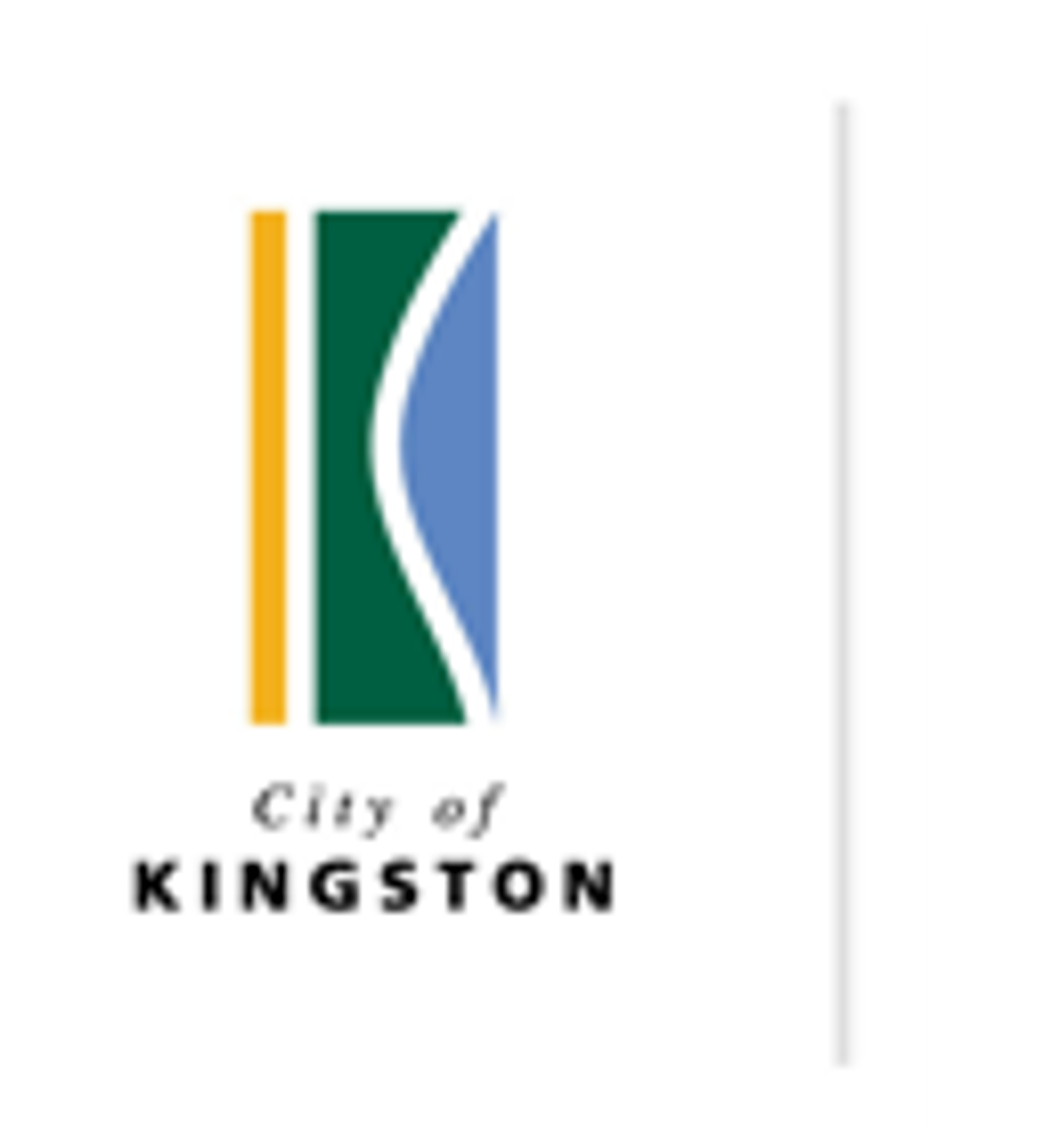

Dear Year 5 and 6 Parents and Carers,
On Tuesday 17th August at 6.30pm, Kingston Youth Services has ySafe presenting their popular talk on the Digital World and everything that comes with it at their upcoming Parent Information Night. The session will be held via Zoom.
ySafe sessions are developed with an appreciation of the complexities of parenting in the digital age. Filled with real-world and relevant information, these sessions provide strategy-rich and practical content that can be implemented immediately to promote safer online environments.
This event is for parents/carers of young people aged 12-25 that have a direct link to the City of Kingston (live, work, study).
Topics covered:
- Social Media: TikTok, Instagram & Snapchat
- Cyberbullying
- Screen time and gaming
- Q&A
Registration is essential: https://www.eventbrite.com.au/e/online-parent-information-night-understanding-the-digital-world-by-ysafe-tickets-163816556731